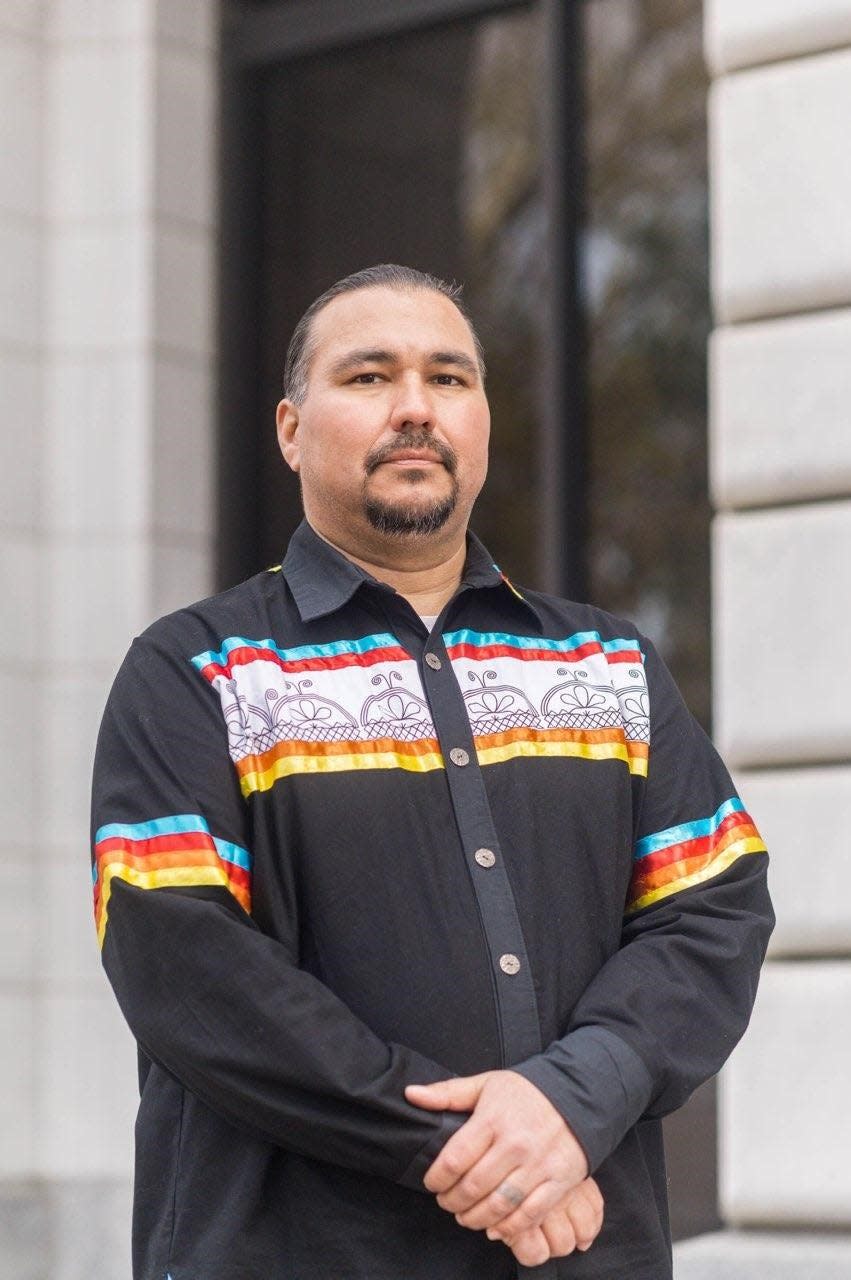Overturning Indian Child Welfare Act bad for kids, families, Native Americans everywhere
In the coming months, the Supreme Court is expected to decide the future of the Indian Child Welfare Act, or ICWA – a law that is both essential to keeping Native American tribes together and maintaining the political sovereignty we’ve known for generations.
The law was passed in 1978 to address the alarming rate of Native American children taken from their homes and placed with non-Native families. It was a rare bright spot for tribes in federal politics, and was well-received both here in Wisconsin and around the country. After ICWA’s passage, Oneida Nation established a Child Protection Board and pledged all available tribal resources to protect the interest of our children.
Since then, the law has become the gold standard for child welfare across America. As chairman of Oneida Nation, I’ve seen families in our state reunited, children grow up happy and healthy, and the bonds within my tribe strengthen because of ICWA.

Let me be clear, this law is not about preventing non-Native families from adopting children when the situation and best interests of the child call for it. It’s about keeping families together whenever possible; it’s about fighting for the futures of Native American children; and it’s about giving tribes a long-awaited seat at the table. It not only upholds Oneida’s vision of protecting families and preserving our core values and traditional beliefs – it has promoted the best interest of Oneida children for more than 40 years.
As the Supreme Court’s decision in Brackeen v. Haaland – the case heard last year that could potentially overturn the law – looms, I’ve spoken with young people, child welfare experts and doctors about the importance of ICWA. In each of these conversations, I’m assured of the same truth: the law not only protects the best interests of Native American children, but its basic principles should be the model for all child welfare cases.
This is not only my personal conviction, but the consensus of the people who know children’s needs better than I do. When children are separated from their culture, traditions, religion, diet – everything that is familiar and core to their identity – their health and safety are jeopardized. That is both observation and fact.
So, if this law has the backing of experts and promotes the wellbeing of children, why is its constitutionality up for debate? Exploring the political motivations would take longer than this medium will allow. But at its core, this case is a dispute over the constitutional nature of tribal citizenship. ICWA’s opponents claim it allows for discrimination against non-Native families who would like to adopt Native American children but are at a disadvantage because of their race.
While I’m sure these families have only loving intentions, the argument that ICWA codifies racial discrimination couldn’t be farther from the truth. Not only that, it negates the essence of Native American relations with the U.S. dating back to the country’s founding.
The U.S. Constitution states that tribes are sovereign nations, not racial groups, and courts have repeatedly recognized tribal citizenship as a political classification throughout history. This basic constitutional protection – and the years of precedent upholding it – are undeniable, and the argument that ICWA violates the Constitution’s Equal Protection Clause can’t stand up against facts and precedent.
If the Supreme Court ignores that and rules in favor of this argument, the harm to tribes would be immense. While states like Wisconsin have incorporated the principles of ICWA into their laws, many others have not. And, depending on the nature of the ruling, even states with ICWA codified could be impacted.
As an Oneida father and grandfather and as a tribal leader, I have a responsibility to my tribe and the children within it. It’s my duty to ensure our youngest members are protected by all means possible – they’re our tribe’s future, and as history has proven, no one can protect our future better than we can.
I fear for the children forced to leave their families and reconcile their Native culture with a way of life that’s foreign to them if ICWA is overturned. I also fear for the future of Native American culture that is once again on the line. Because make no mistake, a ruling that overturns the law isn’t just bad for families and children. It will call into question other long-held protections that extend far beyond child welfare, and it will undermine the political sovereignty that is critical to tribal existence.
Chairman Tehassi Tasi Hill is serving his second term as Chairman of Oneida Nation and is Bear Clan. Prior to becoming chairman, he was a Council Member for two terms, serving as an Oneida Nation government official for a total of 12 years.
This article originally appeared on Milwaukee Journal Sentinel: Supreme Court expected to rule on case that could weaken tribal sovereignty.

